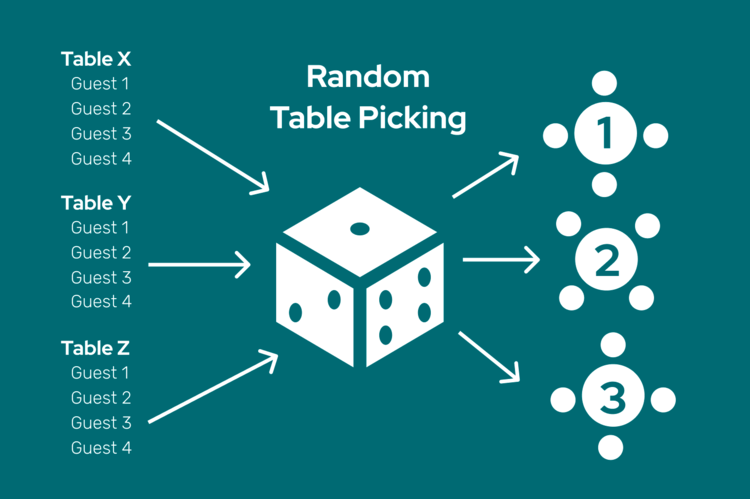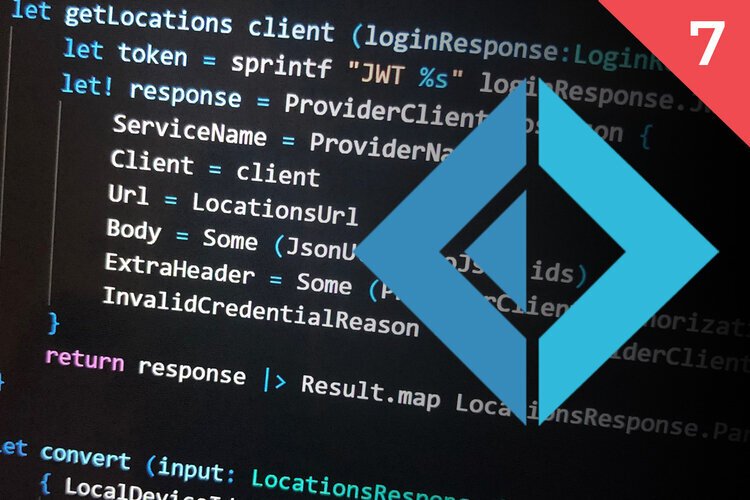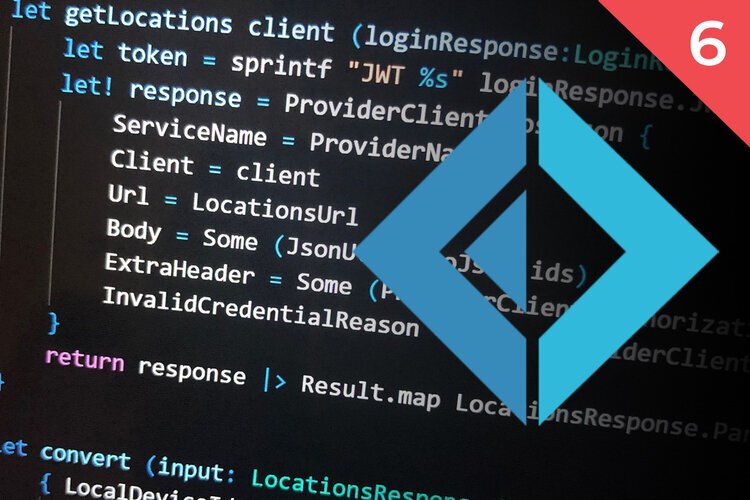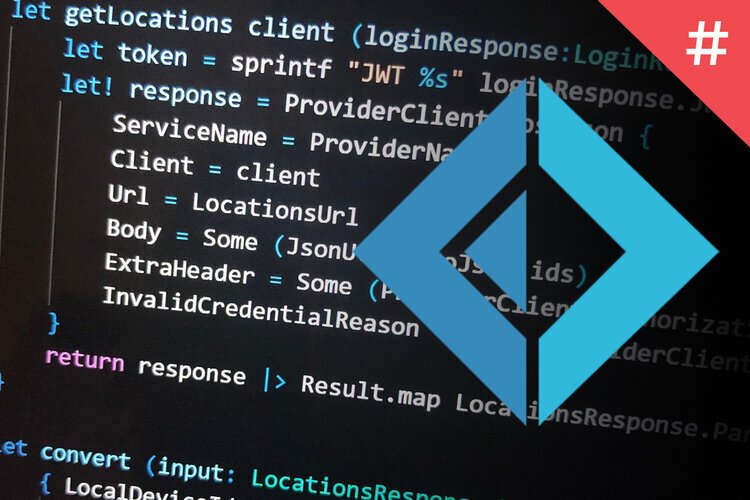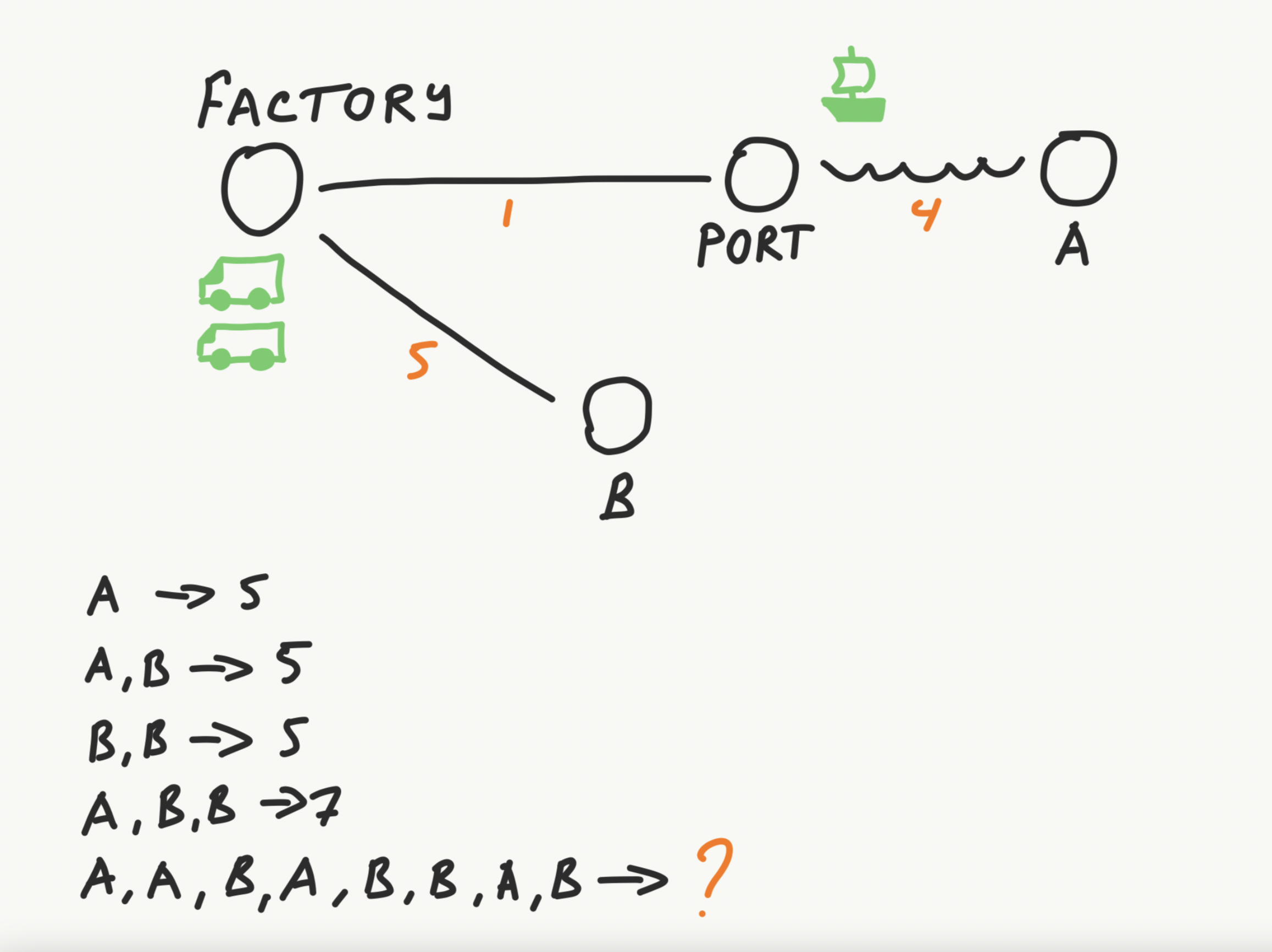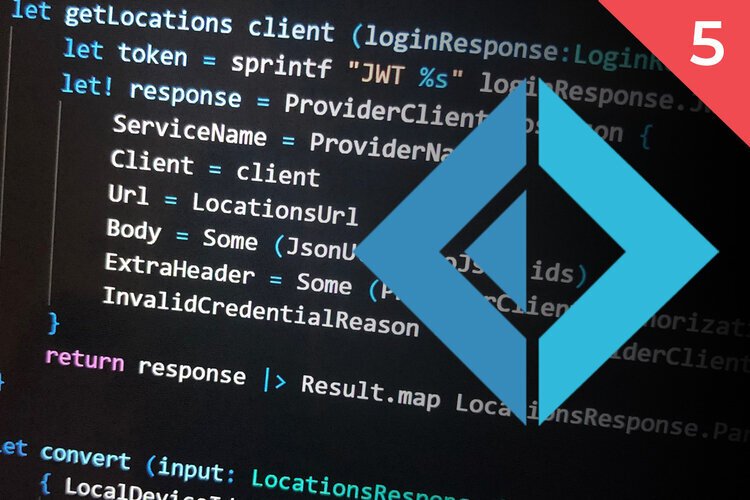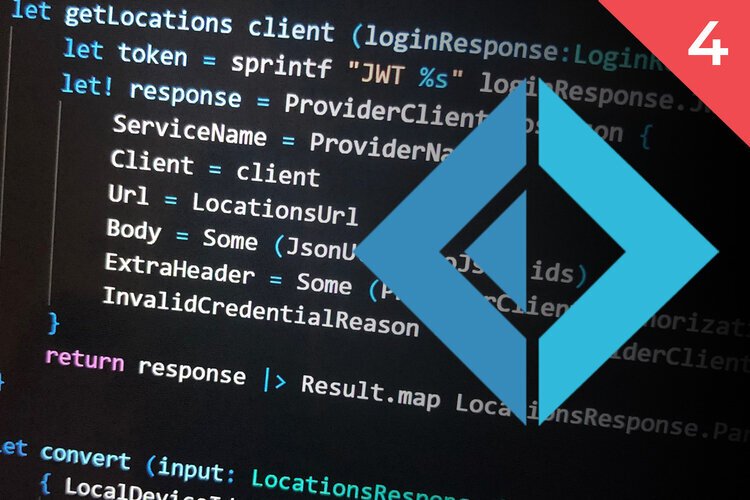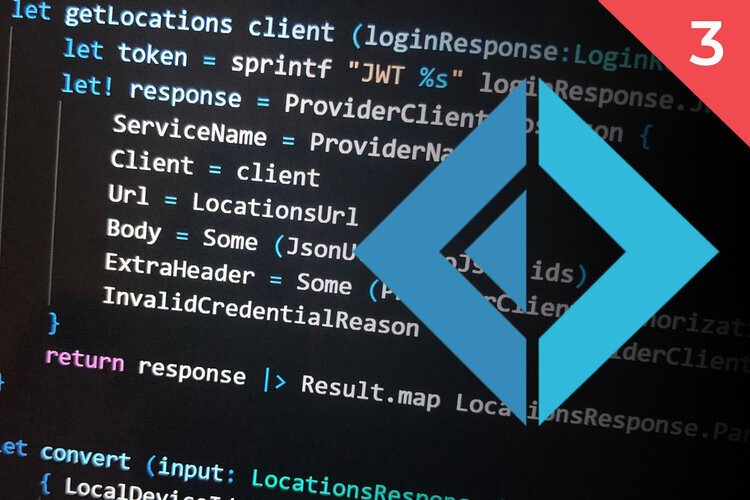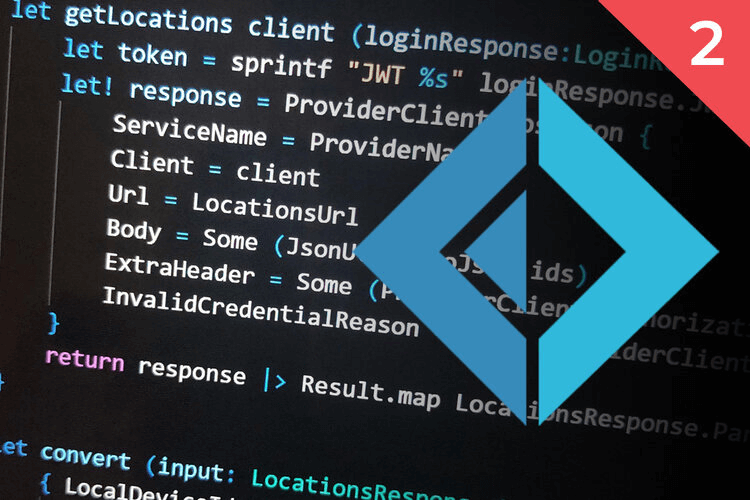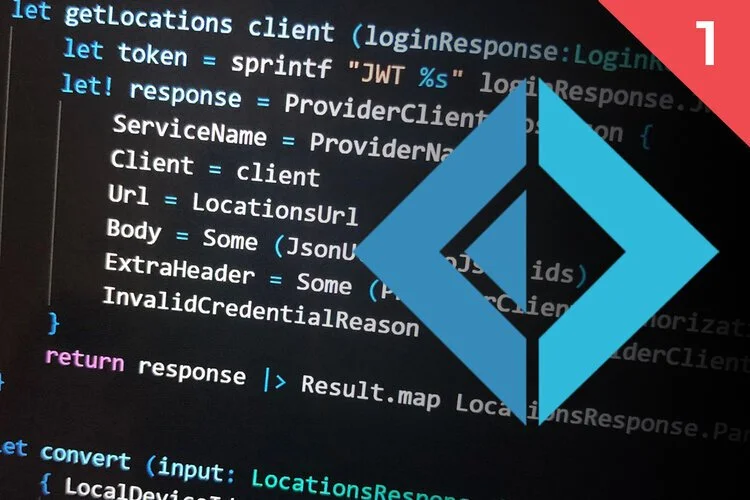The Power of EventSourcing
We just had a nice experience while maintaining one of the applications we created for our customer and we wanted to share this with you!
Why Was Our Project Successful: Coincidence or Blueprint?
In this post we look at the practices we used and ask ourselves if we can make implicit practices explicit and extract a “blueprint” of our project and why it was successful.
Introduction to Functional Programming in F# – Part 7
In this post we will be extending our knowledge of Pattern Matching by looking at how we can write our own matchers with Active Patterns. There are a number of different Active Patterns available but we will be concentrating on Partial & Multi-Case.
Introduction to Functional Programming in F# – Part 6
In this post we will introduce the basics of reading and parsing external data using sequences and the Seq module and how we can isolate code that talks to external services to make our codebase as testable as possible.
ADRs as a Tool to Build Empowered Teams
In this blog post I want to summarize what team rules were defined for writing, reviewing and storing Architecture Decision Records and will discuss the implications of these rules and why I believe that these rules work as a tool to build empowered teams.
Functional Validation in F# Using Applicatives
This is an entry for the F# Advent Calendar 2019.
Announcing Domain-Driven Design Exercises
This is a set of Domain Driven Design exercises. They take place in the universe of the Transport Tycoon. It is a game in which “a player acts as an entrepreneur in control of a transport company, and can compete against rival companies to make as much profit as possible by transporting passengers and various goods by road, rails, sear and air.”
Introduction to Functional Programming in F# – Part 5
In this post we will be building upon some of the concepts we have learned in previous posts whilst investigating functional collections.
Introduction to Functional Programming in F# – Part 4
In this post we will be building on the function composition concepts we worked through in the previous post and we'll be writing our first unit tests in F#. As an added bonus we will also start looking at how we can separate our code into discrete modules.
Introduction to Functional Programming in F# – Part 3
So far in this series we have covered a lot of the fundamental functional programming concepts. In this post we will investigate null handling and exceptions.
Introduction to Functional Programming in F# – Part 2
In the last post, we learned about some of the core features of functional programming in F#. In this post we are going to concentrate on functions.
Introduction to Functional Programming in F#
This series of posts will introduce you to the world of functional programming (FP) in F#. Rather than start with theory or a formal definition, I thought that I'd start with a typical business problem and look at how we can use some of the functional programming features of F# to solve it.

